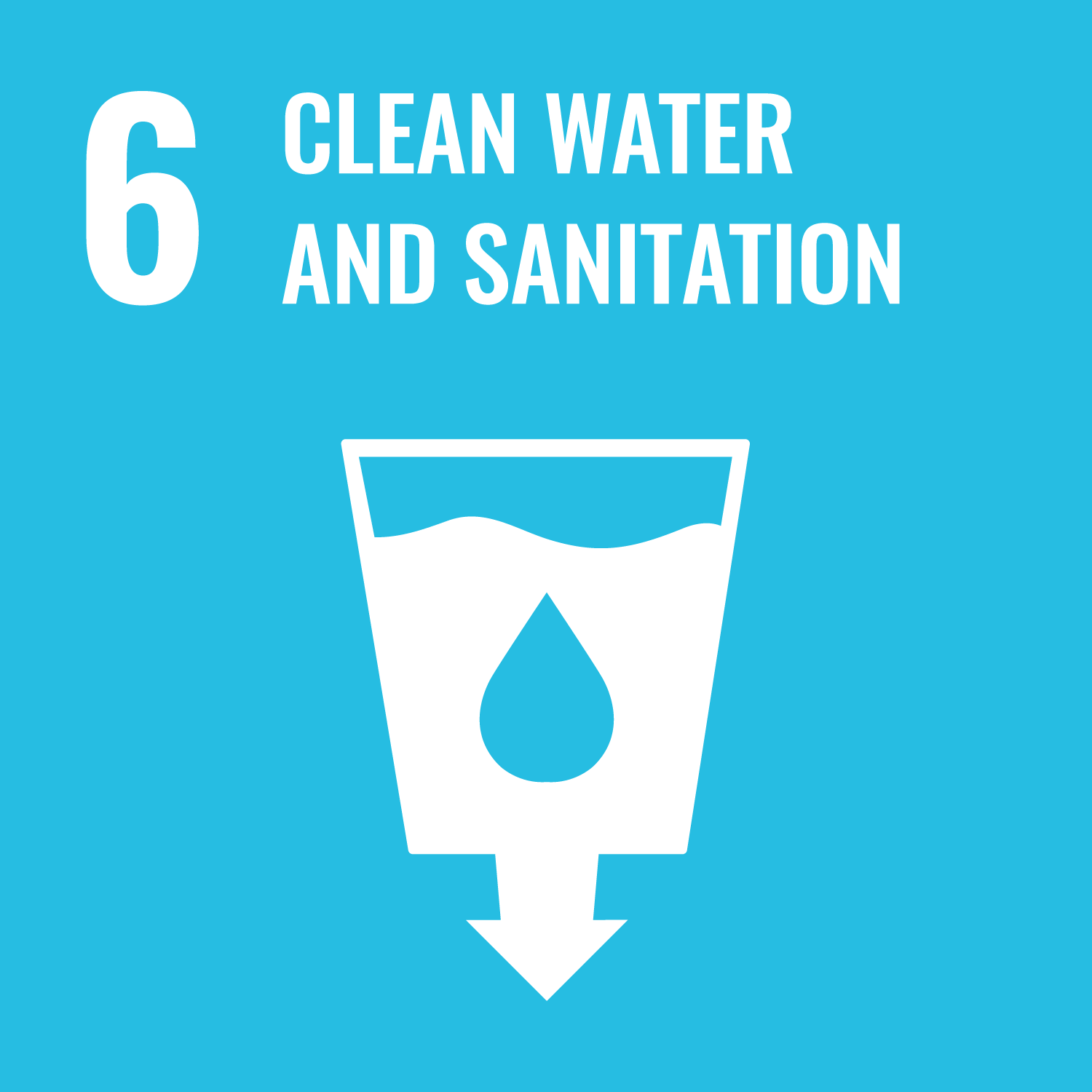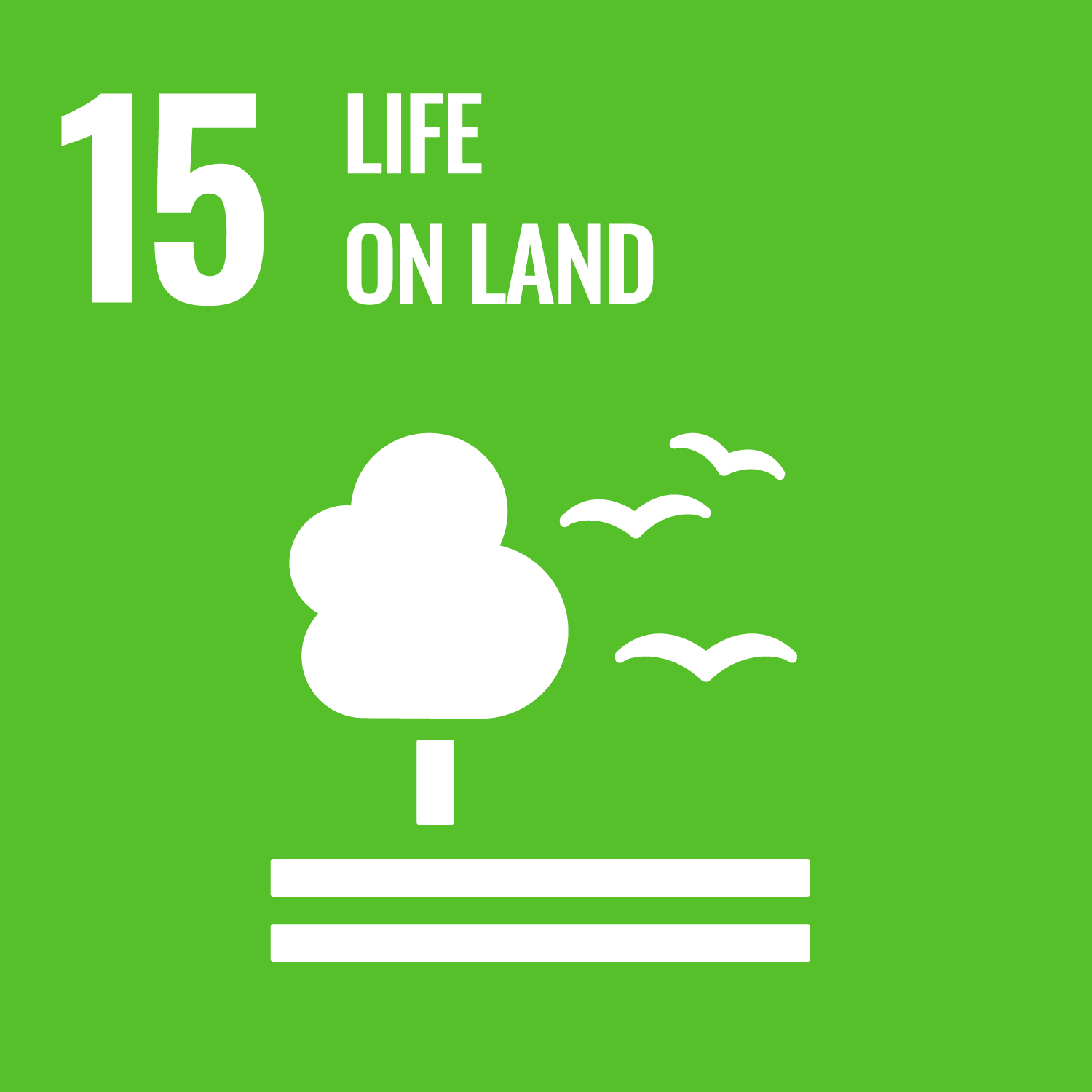This course deals with the basic knowledge to understand environmental issues. Participants are expected to be able to precisely
understand environment-related issues reported in news medias with understanding of principle structures of an environment.
- To be able to explain environment-related issues reported in news medias based on knowledge of physics, chemistry and biology
with easy terms that are understandable by senior or junior high school students.
- To be able to theoretically explain mechanisms of the environmental issues. For example, you can explain why the Earth gets warm when CO2 concentration increases by explaining the general circulation and energy balance in the atmosphere.
- To be able to clearly explain basic technical terms of environment-related issues in the field of Civil Engineering.
- To be able to theoretically explain mechanisms of the environmental issues. For example, you can explain why the Earth gets warm when CO2 concentration increases by explaining the general circulation and energy balance in the atmosphere.
- To be able to clearly explain basic technical terms of environment-related issues in the field of Civil Engineering.
- To be able to explain environment-related issues based on knowledge of physics, chemistry and biology.
- To be able to theoretically explain mechanisms of the environmental issues.
- To be able to clearly explain basic technical terms of environment-related issues in the field of Civil Engineering.
| Class schedule | HW assignments (Including preparation and review of the class.) | Amount of Time Required | |
|---|---|---|---|
| 1. | Introduction to Environmental Science - What is an Environment? - Three keys of the “Environmental Science” - Characteristics of water |
Review types of environment | 45minutes |
| 2. | Water and hydrological cycle (1) - Hydrological cycle |
Review storage and circulation of water on the Earth | 45minutes |
| 3. | Water and hydrological cycle (2) - Water balance - River and groundwater |
Review hydrological change associated with urbanization | 45minutes |
| 4. | Lighting, heating and energy (1) - Basics of lighting as electromagnetic ray and heating |
Review types and characteristics of electromagnetic ray | 45minutes |
| 5. | Lighting, heating and energy (2) - Heating, energy and an environment - Basics of thermal environment |
Review mechanisms of heat transfer | 45minutes |
| 6. | Lighting, heating and energy (3) - Issues in thermal and energy environment |
Review interaction between light and materials | 45minutes |
| 7. | Basics of environmental chemistry (1) - Basic knowledge of chemistry |
Review basics of chemistry | 45minutes |
| 8. | Basics of environmental chemistry (2) - What is “dissolving” - Chemical substances in your surroundings |
Review dissolving in views of chemistry | 45minutes |
| 9. | Basics of environmental chemistry (3) - Issues in chemical environment - Water contamination |
Review types and densities of contaminants in nature | 45minutes |
| 10. | Material cycles and ecosystem (1) - Types of water quality issues - Organic water pollution |
Review indices to assess organic water pollution and two kinds of decomposition | 45minutes |
| 11. | Material cycles and ecosystem (2) - Material cycles and ecosystem |
Review producer, consumer and decomposer in material circulation | 45minutes |
| 12. | Urban environment and environmental issues - History of environment disruption |
Review history of environmental issues | 45minutes |
| 13. | Global environmental issues - Global warming, acid deposition and ozone layer depletion |
Deepen understanding of earth environmental issues | 45minutes |
| 14. | Understand whole lecture contents and prepare for the final exam | Understand whole lecture contents and prepare for the final exam | 45minutes |
| 15. | * | ||
| Total. | - | - | 630minutes |
| quiz | report | final exam | Total. | |
|---|---|---|---|---|
| 1. | 15% | 10% | 10% | 35% |
| 2. | 15% | 0% | 15% | 30% |
| 3. | 20% | 0% | 15% | 35% |
| Total. | 50% | 10% | 40% | - |
Your final grade will be calculated according to the following process: quiz (50%, occasionally given), report (10%) and final
exam (40%).
To pass, students must earn at least 60 points out of 100.
To pass, students must earn at least 60 points out of 100.
- I welcome questions after each lecture.
Office hour: lunch time on Thursday (please be informed in advance)
- Course that cultivates an ability for utilizing knowledge
| Work experience | Work experience and relevance to the course content if applicable |
|---|---|
| N/A | N/A |



- 6.CLEAN WATER AND SANITATION
- 13.CLIMATE ACTION
- 15.LIFE ON LAND
Last modified : Sun Mar 21 16:26:36 JST 2021

